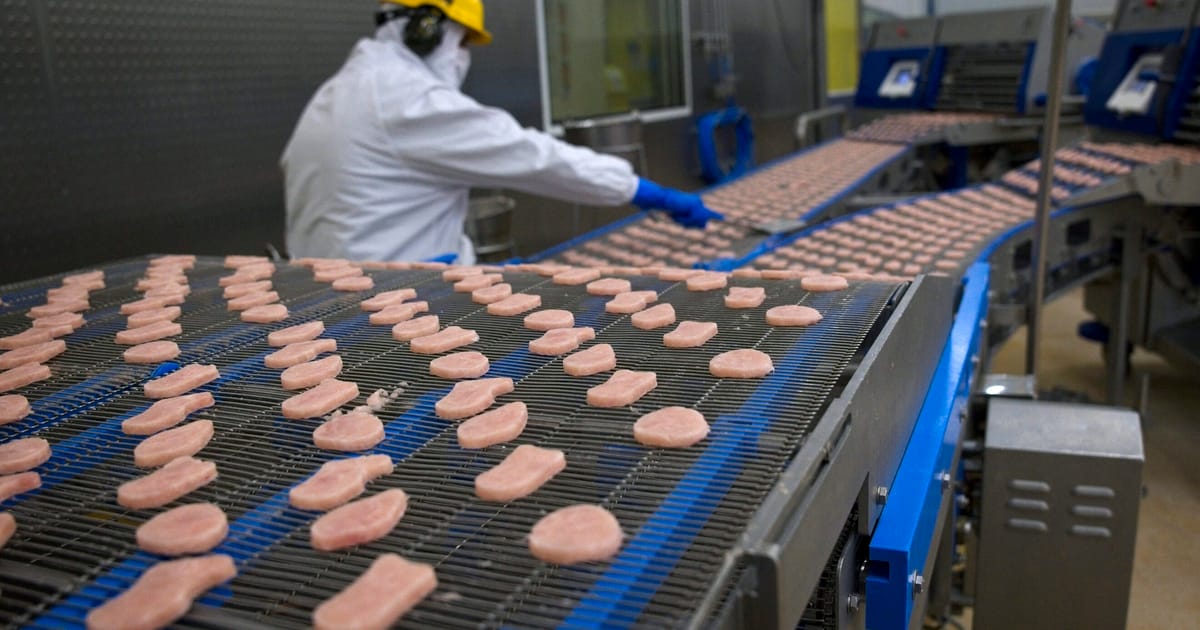“We have to stop destroying the planet as we feed ourselves,” a World Bank official said, as red meat and dairy drive CO2 emissions.
Cows and milk are out, chicken and broccoli are in — if the World Bank has its way, that is.
In a new paper, the international financial lender suggests repurposing the billions rich countries spend to boost CO2-rich products like red meat and dairy for more climate-friendly options like poultry, fruits and vegetables. It’s one of the most cost-effective ways to save the planet from climate change, the bank argues.
The politically touchy recommendation — sure to make certain conservatives and European countries apoplectic — is one of several suggestions the World Bank offers to cut climate-harming pollution from the agricultural and food sectors, which are responsible for nearly a third of global greenhouse gas emissions.
…
The paper comes at a diplomatically strategic moment, as countries signed on to the Paris Agreement — the global pact calling to limit global warming to 1.5 degrees Celsius — prepare to update their climate plans by late 2025.



This is the best summary I could come up with:
In a new paper, the international financial lender suggests repurposing the billions rich countries spend to boost CO2-rich products like red meat and dairy for more climate-friendly options like poultry, fruits and vegetables.
The politically touchy recommendation — sure to make certain conservatives and European countries apoplectic — is one of several suggestions the World Bank offers to cut climate-harming pollution from the agricultural and food sectors, which are responsible for nearly a third of global greenhouse gas emissions.
According to the report, countries must funnel $260 billion each year into those sectors to get serious about erasing their emissions by 2050 — a common goal for developed economies.
Governments can partly plug the gap by reorienting subsidies for red meat and dairy products toward lower-carbon alternatives, the World Bank says.
The switch is one of the most cost-effective ways for wealthy countries — estimated to generate roughly 20 percent of the world’s agri-food emissions — to reduce demand for highly polluting food, it argues.
Food is an “intensely personal choice,” he added, saying he fears that what should be a data-based debate may be turned into a culture war battle.
The original article contains 439 words, the summary contains 187 words. Saved 57%. I’m a bot and I’m open source!